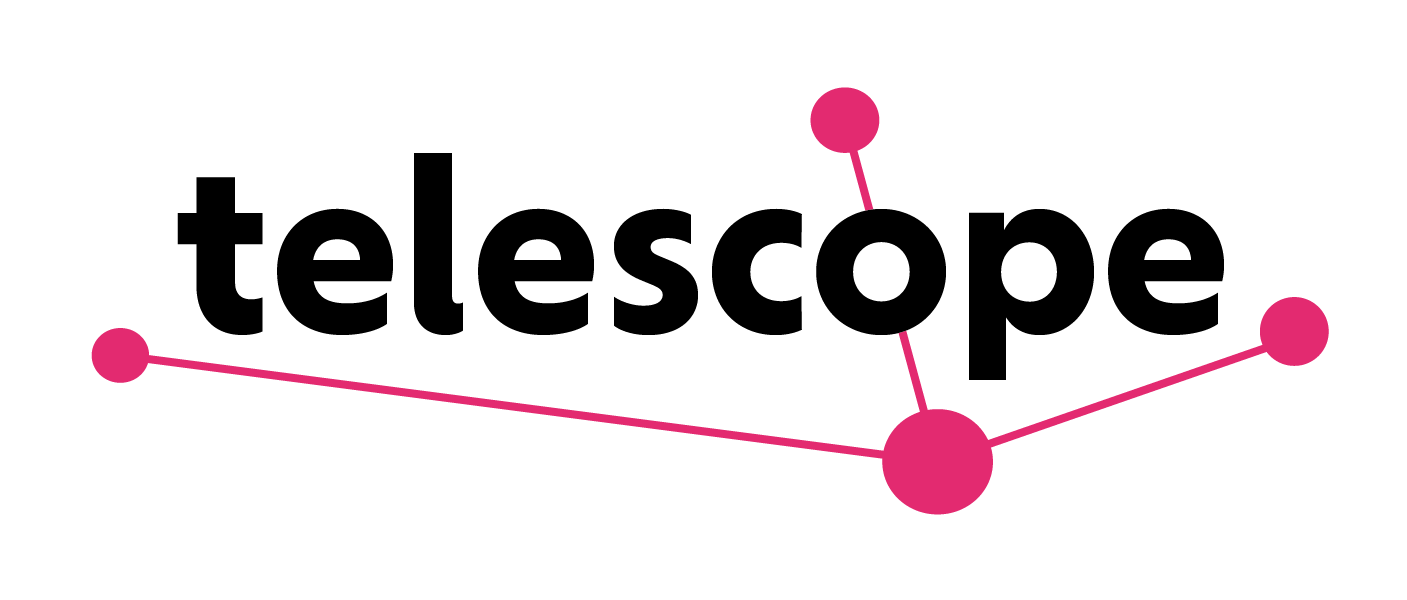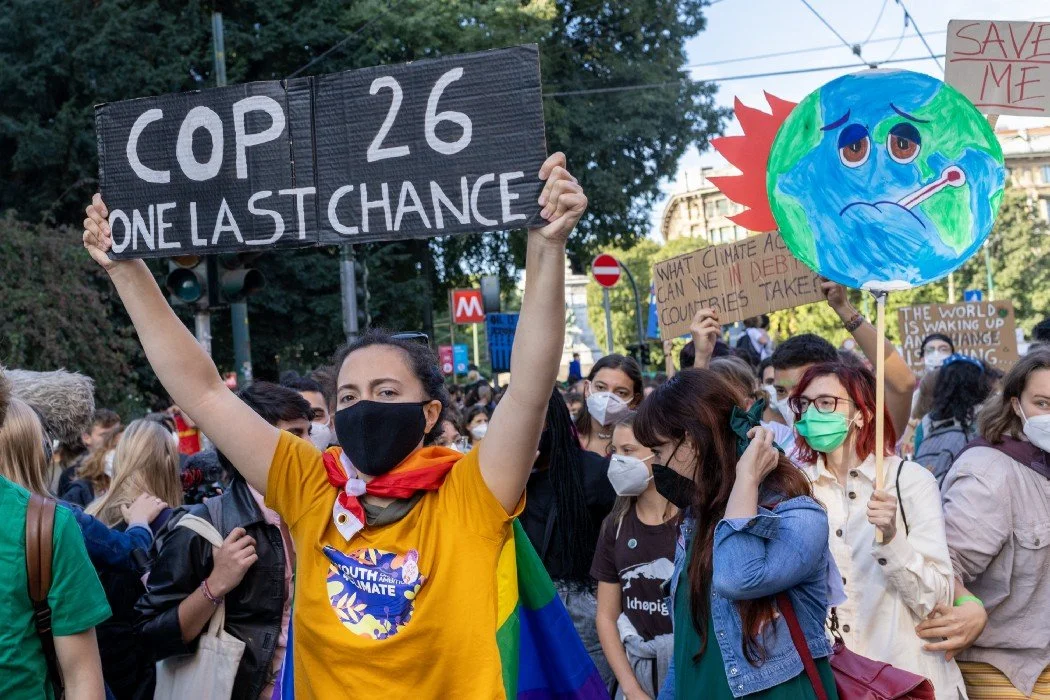Leading with empathy: why deep listening and empowerment are key to success at COP26
Photo by Mauro Ujetto
We are now halfway through COP26, the UN summit where leaders from across the world have spent the past week discussing their commitments to accelerate action towards the goals of the Paris Agreement and avert runaway climate change. While some big announcements have been made, the devil is, of course, in the detail; the second week is where negotiators will be tasked with thrashing out international agreements and technical details for how we meet these targets. While this is certainly one of the most important pieces of policy and decision making that we will see in our lifetimes, it is also not unlike many of our other big social challenges we have encountered with Telescope. From adult social care to homelessness to transport emissions, the work we have done with policymakers and frontline practitioners has taught us that in order to build policies that work for all of society, the same basic approach is needed: opening up to deep empathy for others, empowering those voices who most often go unheard, and collaborating across borders and silos.
Exercising empathy through deep listening
At Telescope, we are strong believers that meaningful social change has to start with empathy. Unlike sympathy, which is about feeling for someone else, empathy is about really stepping into the shoes of another and feeling with them, which we can only experience by actually taking the time to actively listen to their concerns and perspectives. We need to see this muscle exercised more in all areas of policymaking (see our recent social media takeover by Claire York for some great examples), and not least in climate policy. How many of the world leaders who are representing us at COP26 have actually gone out and spoken with those communities already experiencing devastating effects from the climate crisis, and tried to understand what they are going through? Have they really taken the time to sit down with the teenagers whose futures are at stake, and put themselves in the shoes of these young people and future generations? The same questions can be asked of the many diplomats and ministers working in the background as part of the negotiations, the majority of whom (at least in those wealthy nations who have most power and influence) are equally detached from the realities of living with climate breakdown. We know from our work with policymakers across sectors that in order to make decisions informed by frontline insights, we need to actively create the opportunities for these groups to interact with one another, and we need to learn to practice active listening to understand each others’ experiences. Only by stepping outside of their comfort zones to listen, can decision makers at all levels design policies that are effective in serving the needs of the most vulnerable.
Empowering the unheard voices
Listening to and empathising with those affected communities is the first step, but this alone is not enough. If we really want to achieve successful outcomes for all from these agreements, we also need to see a shifting of power, both between countries and between leaders and citizens. On the first of these, it is not news to say that countries in the Global South have been repeatedly sidelined in previous climate negotiations, which can be linked to both historic and present day global inequalities. Initiatives like the Vulnerable 20 (V20) Group set up between climate vulnerable nations can offer strength in numbers, but it doesn’t change the fundamental imbalance in global power that we see when, to name just one example, the Presidents of both the IMF and World Bank are not elected but nominated by the US and Europe. Beyond international inequalities at the political level, we see even less opportunity for citizens and communities to contribute their insights to negotiations. Numerous barriers to access and inclusion have been reported for this conference — labelled “the most excluding COP ever” — with civil society barred from negotiation spaces, young people of colour experiencing racial profiling and being removed from the venue, and even more being unable to attend due to the costs of travel and extortionate accommodation prices. As Mia Mottley, Prime Minister of Barbados said in her opening speech, “what must we say to our people living on the frontline in the Caribbean, Africa, Latin America, and the Pacific, when both ambition and, regrettably, some of the needed faces at Glasgow, are not present. What excuse must we give for the failure?”
We need those voices to have a seat at the negotiating table, not only as a matter of justice, but because those living and working on the frontline of social challenges are often the very people who have the most valuable and relevant insights to contribute, as we see time and time again in our Telescope programmes. They are the ones who understand how policies and decisions are implemented on the ground: what works, what doesn’t work, and what could be done better. Of course, we need to situate this alongside other areas of expertise like climate science and economics in order to inform the negotiations. But those young people, the marginalised and the people living and working in communities most at risk of flooding, drought and extreme weather, must have an equal seat at the negotiating table, and they should be empowered with the information, skills and language needed to contribute meaningfully, see the bigger picture, and have their voices heard.
True collaboration for systems change
We often talk about ‘wicked problems’; those seemingly intractable challenges defined by a complex web of interdependent, dynamic factors where there is no one simple solution and which therefore require the coordination of multiple stakeholders to tackle. The climate crisis is a classic example of this, with all lifeforms on earth being key stakeholders in an evolving crisis that we slide further away from our grasp with every day that passes. If we want any chance of meeting the 1.5°C targets set out in the Paris Agreement — or even the 1.8°C that now seems more plausible — then it will require the greatest act of collaborative working we have ever seen. Not only do we need to see leaders setting aside their differences and rebalancing power on the world stage in order to work together towards a common goal. We also need to see collaboration across all silos: between local and national governments, business and civil society, public services and citizens. Genuine and effective collaboration across silos is tricky in any sector: we have to start by knowing who to connect with, learn to speak the same language, and remain always adaptable and empathetic in our interactions.
The stakes couldn’t be any higher right now, and the payoff for our efforts is having a habitable planet for future generations. To get there, we need to create the opportunities for our leaders to tap into their most basic skills of listening for empathy and deep human connection. We also need to actively redress the power imbalances and enable all stakeholders, especially those on the frontline of the crisis, to contribute meaningfully to co-designing policies and solutions. Only then will we be in a position to work together towards our common goals, and plan for a future that saves us all.

